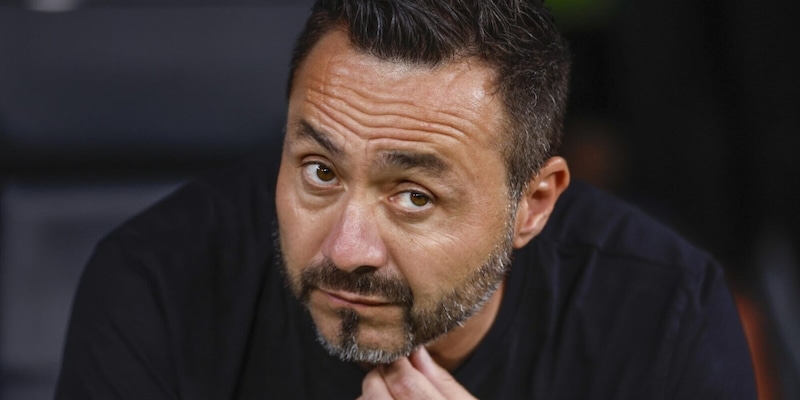
Trump, rivolta interna sui dazi: chi gli ha votato contro al Congresso
Colpo di scena a Washington: la Camera a maggioranza repubblicana sfida Donald Trump e vota a favore del blocco dei dazi al Canada . Sei repubblicani Usa hanno unito le forze con i democratici per fermare le tariffe. La misura è stata approvata con 219 voti a favore e 211 contrari. Poco prima del voto, Trump aveva minacciato i repubblicani al Congresso: "Chiunque voterà contro i dazi la pagherà alle elezioni , anche alle primarie", aveva scritto il presidente americano sul suo social Truth spiegando che le tariffe stanno regalando agli Stati Uniti una grande sicurezza "perché il solo nominarle spinge gli altri paesi ad accettare le nostre richieste". In un altro post, Trump aveva poi attaccato il Canada: "Si è approfittato di noi dal punto di vista commerciale per decenni. E' fra i peggiori con cui avere a che fare", ha messo in evidenza il tycoon. Non è servito a evitare il "tradimento" di un manipolo dei suoi in aula. Una brutta figura che non resterà senza conseguenze. I dazi sono diventati un pilastro della politica economica del secondo mandato di Trump. Le misure hanno però creato tensioni diplomatiche e polemiche interne, sia per i costi sui consumatori statunitensi - che per ora paiono inferiori a quanto inizialmente paventato - sia per il ricorso di Trump a poteri emergenziali al fine di imporre i dazi senza l'approvazione del Congresso. Trump ha difeso la linea della sua amministrazione sostenendo che i dazi rafforzano sicurezza economica e nazionale e facilitano nuovi accordi commerciali. I democratici, invece, accusano l'amministrazione di aggravare il costo della vita e prevedono ripercussioni elettorali per i repubblicani nelle prossime sfide per i governatori nel 2026.












